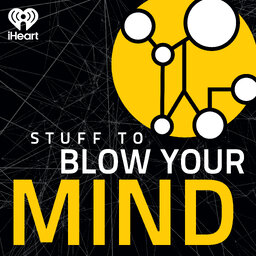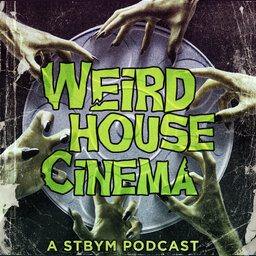Interrupting Cow: Multitasking, Interruptions and Distractions
All joking aside, the Interrupting Cow takes a real toll on your brain and your work life. In this episode of Stuff to Blow Your Mind, Robert and Julie examine just how interruptions and distractions impact our cognitive functions.
Learn more about your ad-choices at https://www.iheartpodcastnetwork.com
In 1 playlist(s)
Stuff To Blow Your Mind
Deep in the back of your mind, you’ve always had the feeling that there’s something strange about re…Social links
Follow podcast
Recent clips

The Monstrefact: Marvel’s Squirrel Girl
04:27

Crab Bag, Part 1: The Crabs are Back In Town
54:40

Weirdhouse Cinema Rewind: The Telephone Box
1:19:53
 Stuff To Blow Your Mind
Stuff To Blow Your Mind